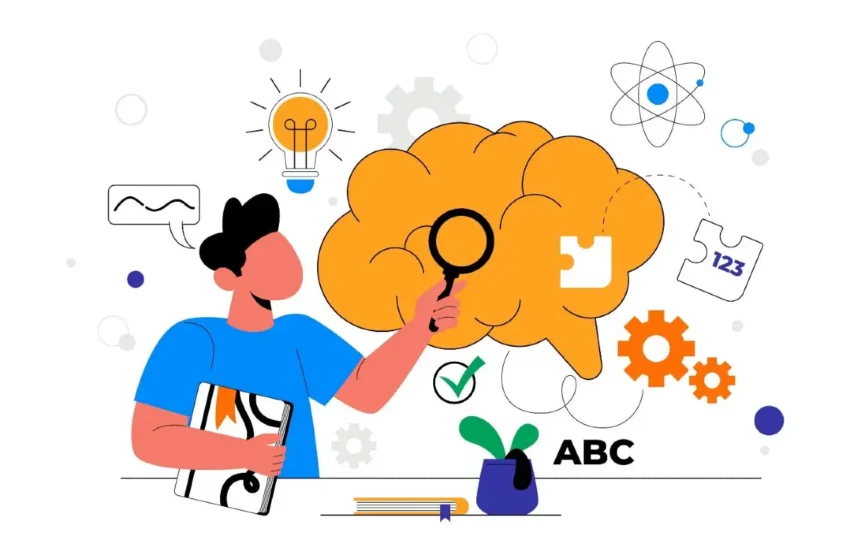How Group Therapy Supports Long-Term Recovery
Long-term recovery from substance use disorders is a journey requiring more than willpower; it flourishes within a community that understands and supports each step forward. For those seeking a sustainable, meaningful path to well-being, alcohol and drug rehab in Virginia elevates the role of group therapy as a foundational pillar of care, blending proven clinical strategies with the genuine power of peer connection.
In a group therapy setting, individuals discover a safety net and a launching pad—where they can heal, learn, and grow alongside others on similar journeys. This group dynamic has been shown to drive significant improvements in the odds of enduring recovery, helping people navigate obstacles that can otherwise seem overwhelming when faced alone.
Unlike individual therapy, which can sometimes feel isolating or limited, group therapy serves as a bridge connecting participants who are dealing with similar challenges. The trust and empathy cultivated in these sessions create a sense of safety, allowing individuals to be open about their struggles without fear of judgment.
Group therapy uniquely makes participants feel heard, respected, and empowered during this pivotal time. By building relationships based on shared healing, participants reinforce positive habits, develop vital coping mechanisms, and maintain sobriety for the long haul through a collective journey of growth and renewal.

Building a Supportive Community
Establishing a network of supportive peers is one of the most profound benefits of group therapy. When individuals first enter recovery, they may feel deeply isolated, struggling with shame, stigma, or a sense that no one in their immediate circle truly understands the rollercoaster of addiction. Group therapy transforms this isolation into connection, providing a safe place where each participant’s experiences and emotions are acknowledged, respected, and valued. This inclusive environment fosters a strong sense of belonging, which is often missing for those in early recovery.
Enhancing Coping Strategies
Group therapy introduces and reinforces effective coping skills that help members deal with cravings, external stressors, and internal triggers that can fuel relapse. Under the guidance of a trained therapist, cognitive-behavioral methods such as thought reframing, mindfulness exercises, and emotional regulation are openly discussed and practiced.
The immediate, supportive feedback from peers enhances these learning experiences, allowing individuals to understand which techniques resonate most with them. Practicing these skills in a group setting offers extra accountability and encouragement, ensuring that new strategies are learned and integrated into daily life. Over time, this peer-supported process builds lasting resilience to handle life’s ups and downs while reducing the likelihood of falling back into unhealthy patterns.
Fostering Accountability
Consistency and accountability are essential building blocks for sustained recovery. Participants regularly share updates about their progress, struggles, and goals within a group therapy framework, creating a culture of honesty and transparency. The rhythm of routine check-ins provides a healthy sense of responsibility, not just to oneself, but also to fellow group members who genuinely care. This sense of mutual investment keeps motivation high, especially during tough periods when the temptation to give up might be strong.
Learning from Shared Experiences
No two recovery journeys are exactly alike, yet listening to the stories of others in group therapy can offer invaluable wisdom and hope. Group participants freely share their setbacks, successes, coping mechanisms, and motivational insights, offering guidance that might be missed in an individual counseling session. This collective learning helps members realize that struggles are normal and that setbacks do not define their entire journey.
It also allows group members to celebrate one another’s victories, large and small, creating an atmosphere where every step forward is lifted and hope for full recovery is consistently renewed. Hearing about setbacks and comebacks from others encourages persistence and helps participants develop more flexible, realistic views of their recovery paths.
Developing Social Skills
Recovery from addiction is not just about abstinence; it involves rebuilding or strengthening important life skills, especially those involving social interaction. Many people in recovery encounter difficulties repairing old relationships or forming new, healthy ones due to fear, mistrust, or prior negative experiences. Group therapy provides a real-time laboratory for practicing social abilities like effective communication, empathy, active listening, and conflict resolution.
As group members learn to express themselves, listen to others, and handle disagreements in a safe environment, they build confidence and skill sets that will serve them outside of therapy—in workplaces, friendships, and family life. These experiences help pave the way for re-engagement with the wider community and foster the trust needed to maintain healthy, supportive relationships.
Reducing Relapse Rates
Multiple research studies have shown that people who consistently participate in group therapy are less likely to relapse compared to those who attempt recovery alone. The group offers encouragement, accountability, and a practical set of coping tools, creating a supportive buffer against common triggers and relapse risks.
When cravings or obstacles arise, members draw on the group’s collective wisdom for guidance, inspiration, and proven techniques to regain stability. This supportive structure protects against setbacks and empowers individuals to bounce back more quickly if challenges do occur. The ongoing sense of connection increases each member’s resilience and capacity to stay on course through unpredictable moments in recovery.
Providing Ongoing Motivation
Celebrating milestones together is a hallmark of group recovery sessions, providing a powerful boost in motivation. Witnessing others’ progress and openly sharing one’s growth builds momentum on the recovery journey. Regular group meetings become important touchpoints where members derive inspiration from one another’s perseverance and achievements.
This camaraderie strengthens commitment, reduces the sense of isolation, and can help restore hope during difficult phases. The ongoing encouragement received in group therapy helps individuals stay focused on their long-term recovery goals and believe in their ability to achieve sustained sobriety.
Accessing Diverse Perspectives
Group therapy unites people from diverse backgrounds and experiences, greatly enriching recovery. Exposure to various life stories, coping styles, and viewpoints broadens each participant’s understanding of addiction and recovery. This diversity introduces innovative problem-solving approaches and expands each group member’s pool of practical advice.
Encountering different perspectives can challenge old assumptions and foster personal growth, empowering participants to customize their recovery plan based on a wider range of experiences. Blending many voices adds depth, creativity, and adaptability to each individual’s path toward lasting health and freedom from addiction.


